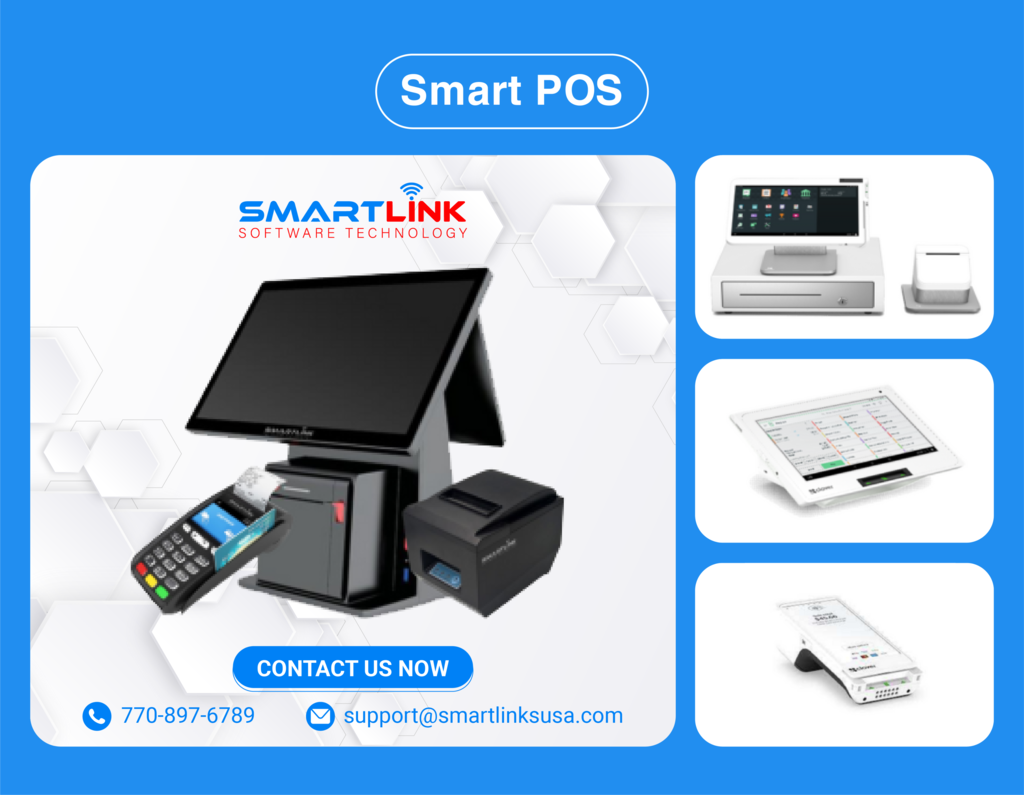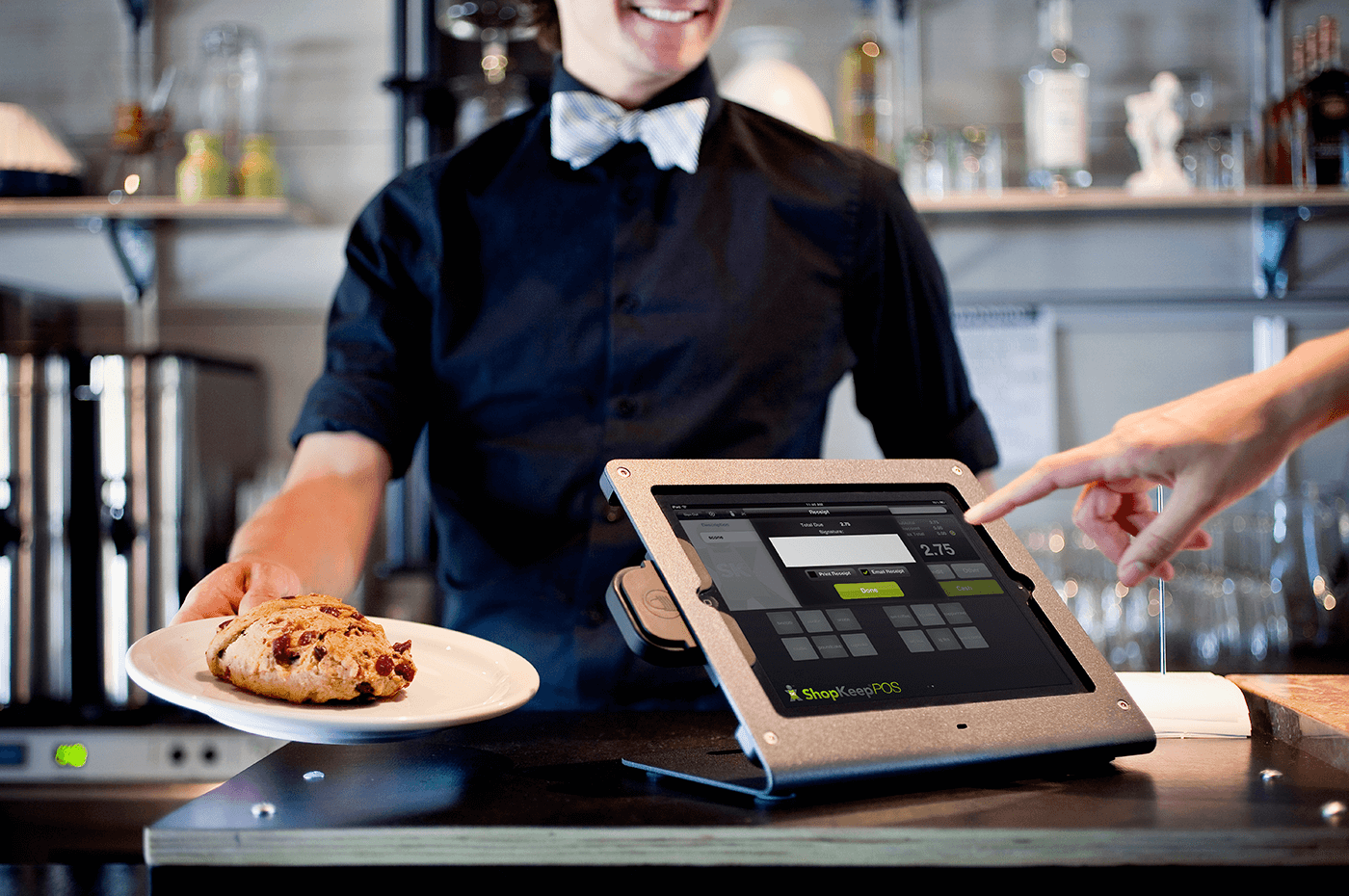In today's fast-paced restaurant industry, technology has become a game-changer, empowering restaurant owners to streamline operations and enhance customer experiences. Restaurant management software has evolved into an indispensable tool for managing everything from orders and inventory to staff and financial reporting. For US-based restaurateurs seeking an effective software solution, let's delve into the must-have features for 2025.
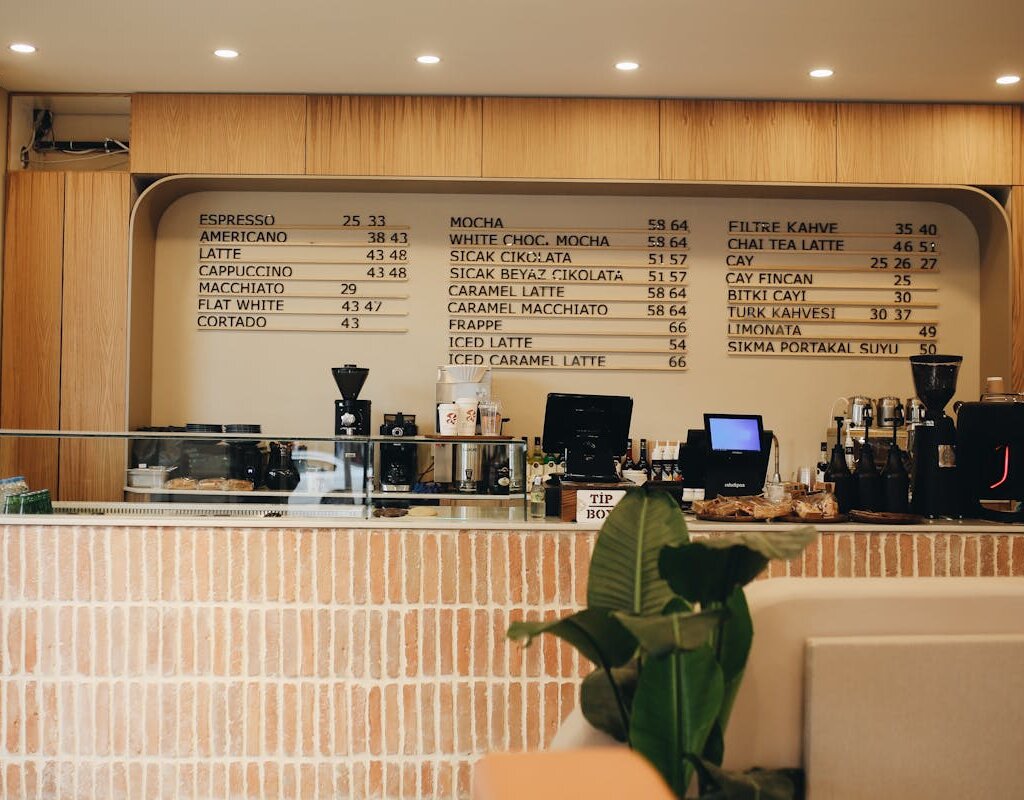
1. Automated order management
One of the most critical features of modern restaurant management software is automated order management. As customer numbers and order volumes surge, manual processing becomes inefficient and error-prone. Automated systems can seamlessly capture orders from diverse channels (like POS, mobile apps, or online platforms) and directly transmit them to the kitchen, minimizing errors and saving valuable time. This not only ensures accuracy but also elevates the customer experience.
2. Intelligent inventory management
Efficiently tracking inventory is paramount, especially for perishable items. Smart inventory management features allow you to precisely monitor stock levels, expiration dates, and automatically generate alerts for low stock items. This prevents unexpected stockouts and helps optimize reordering, reducing waste and costs.
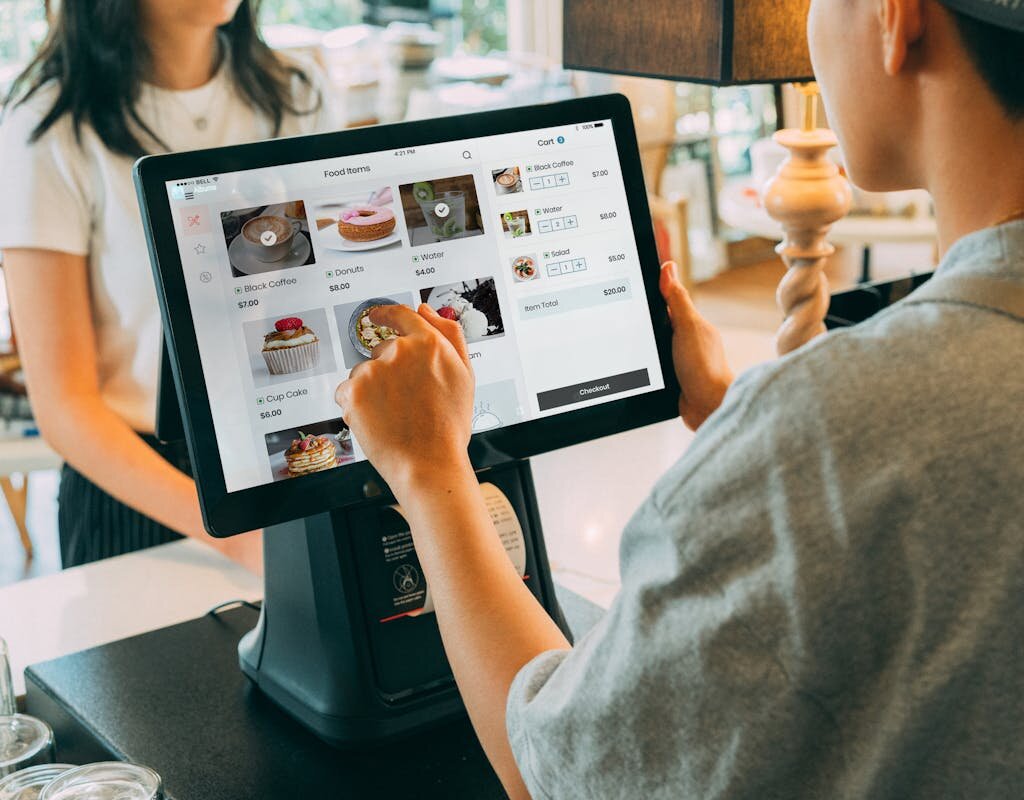
3. Comprehensive staff management
Optimizing staff management is essential for smooth operations. Modern software offers features for scheduling shifts, tracking hours, calculating wages, and evaluating employee performance. With these tools, you can easily assign tasks, monitor productivity, and ensure fair labor practices.
4. Flexible and secure payment systems
Customers expect convenient and secure payment options. A robust restaurant management system should support a variety of payment methods, including credit cards, digital wallets, and online payments. These systems must be both fast and secure to enhance customer satisfaction and build trust in your brand.
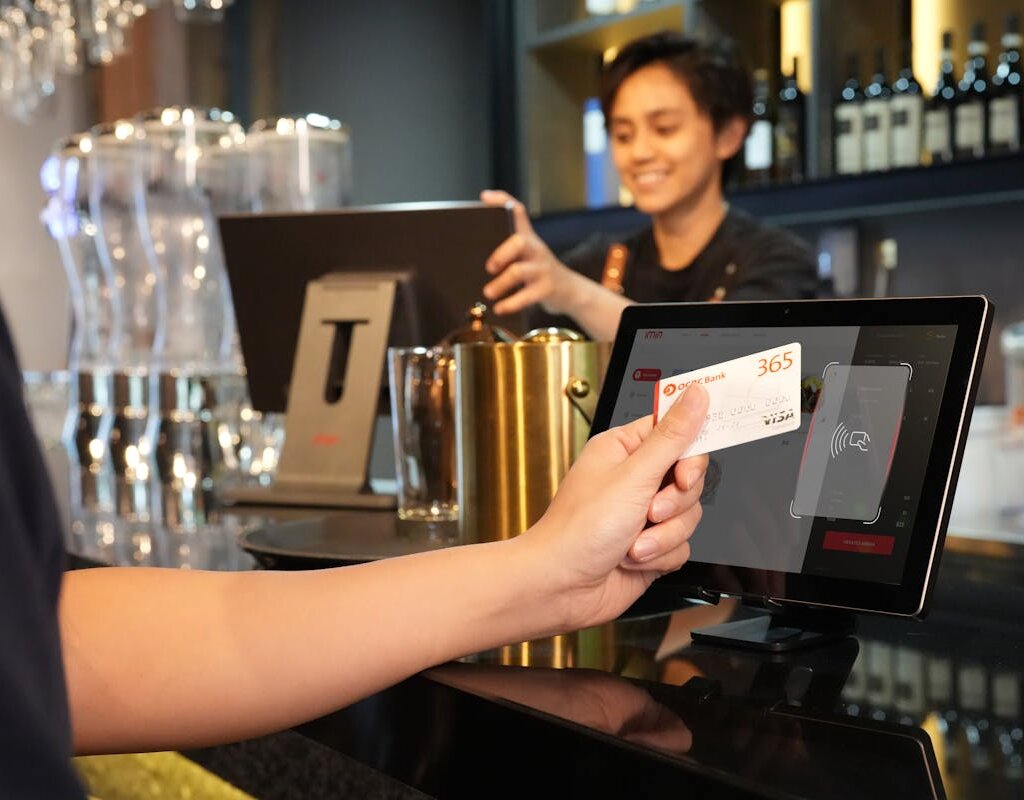
5. Online booking functionality
As technology advances, more customers prefer to book tables in advance, especially during peak hours. Online booking features allow customers to select their preferred time and seating, helping you manage capacity and optimize space. Moreover, integrating online booking via your website or mobile app enhances the customer experience.
6. Robust reporting capabilities
Comprehensive financial tracking is essential for any restaurant owner. Restaurant management software should provide detailed and accurate reports on revenue, expenses, profits, and other financial metrics. Automated reports can be generated at your preferred intervals (daily, weekly, monthly) to help identify spending trends, uncover cost-cutting opportunities, and maximize profits.
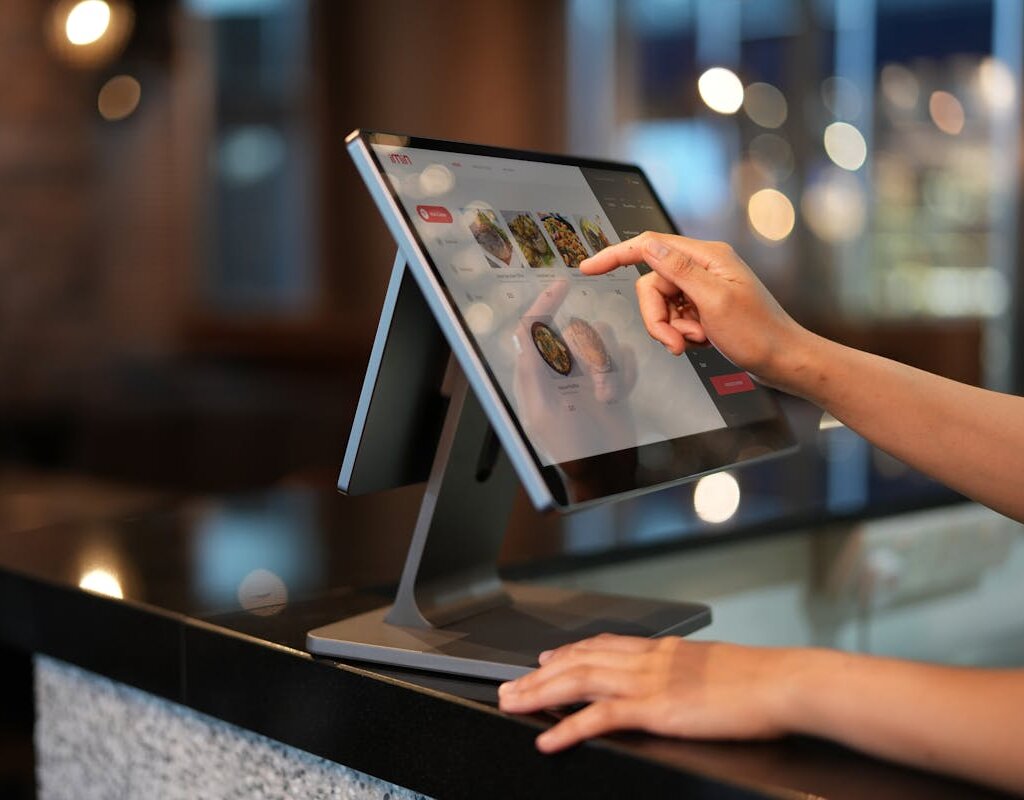
7. Customer relationship management (CRM)
Building strong customer relationships is vital for long-term success. CRM features allow you to collect customer data, track order history, and send personalized communications. Automated marketing campaigns can be implemented to offer discounts, special promotions, or birthday greetings, fostering customer loyalty.
8. Multi-channel order management
With the rise of online ordering platforms, customers can place orders through various channels. A modern system should seamlessly integrate all these channels into a unified platform, reducing manual data entry and ensuring accurate order tracking.
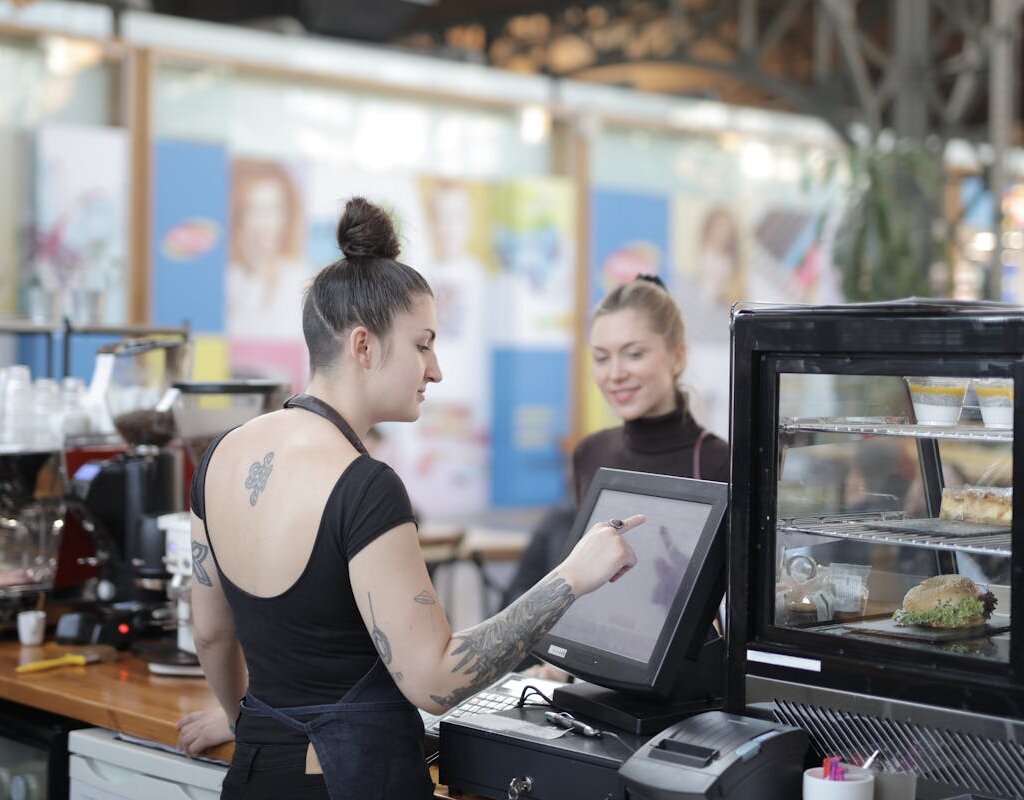
9. Automated promotions and discounts
Promotions and discounts are key marketing tools. Automated features can be used to implement various promotions, such as quantity-based discounts, new customer offers, or seasonal specials. This helps maintain customer interest and drive sales.
10. Integration with delivery apps
Integrating your system with popular delivery apps like DoorDash, GrubHub, and Uber Eats is essential in today's on-demand world. This enables you to seamlessly receive and process orders, expanding your reach to customers in remote areas.

Conclusion
These features represent a fraction of what modern restaurant management software can offer. Investing in a robust system not only streamlines operations but also enhances the customer experience, driving growth and building a strong brand.
If you haven't already adopted a restaurant management system, now is the perfect time to start your digital transformation journey.

